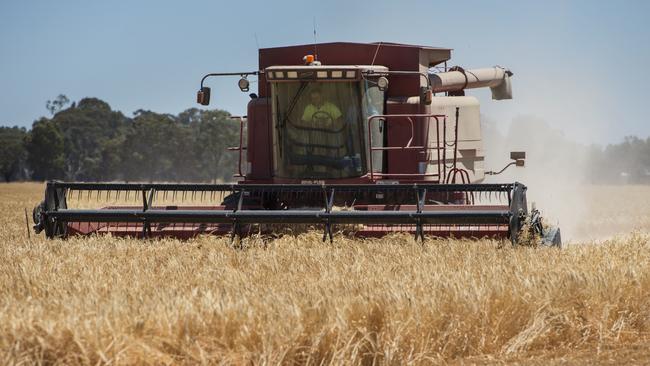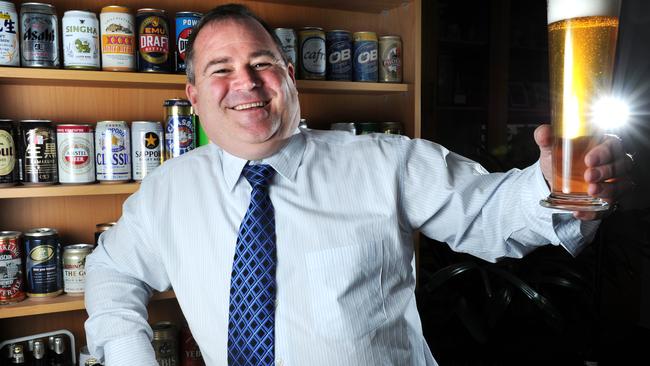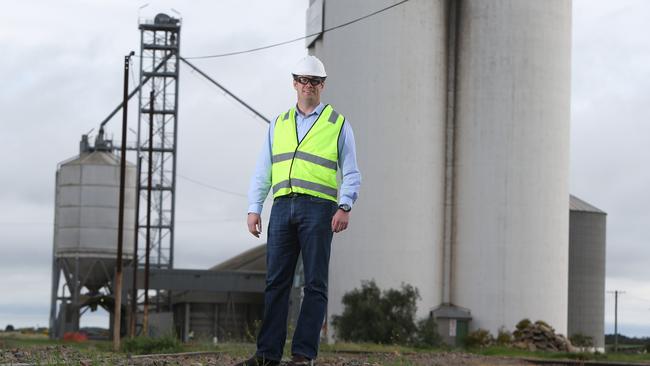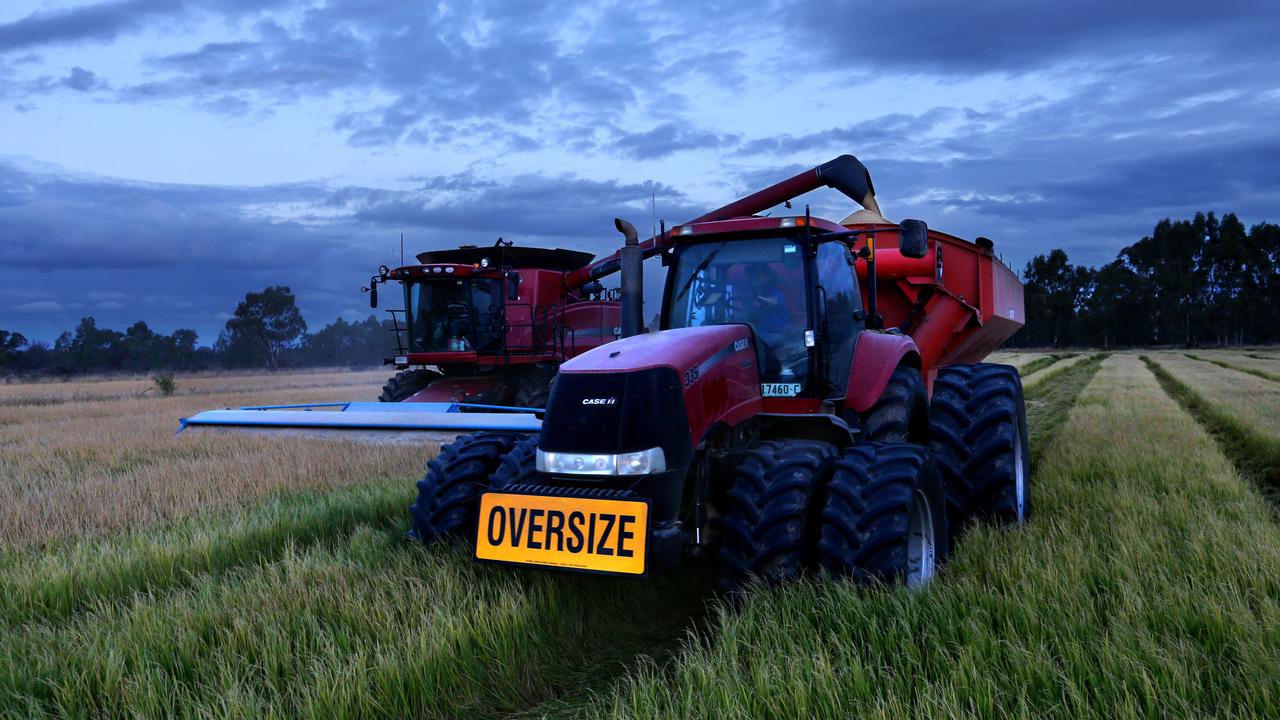Cargill-Viterra court case: Joe White Malting staff in fraud accusation over malt analysis
Big grain executives have been named in a fraud court case over malt analysis reports. See the backstory to a fascinating fight.

The ruthless pursuit of profits led to Joe White Maltings doctoring malt analysis tests to mislead its customers, according to a judgment handed down in the Supreme Court of Victoria.
But the annual cost savings of $1.3 million to $2.4 million a year may end up being dwarfed by a claim of up to $260 million being suggested by Cargill for fraudulent misrepresentation by Viterra and its parent, Glencore, when they sold the malting business to the US grain giant in 2013.
And some big names in the grain and malting industry have had their reputations tarnished over the scandal.
Viterra bought Joe White in September, 2009, when it took over South Australian bulk handler and marketer ABB Grain Ltd.
Just three years later, Viterra was swallowed by Swiss commodities conglomerate Glencore, which soon after put Joe White on the market.
Cargill paid Glencore $420 million for Joe White Maltings in October, 2013, increasing its bid by $15 million in the late stages of negotiations to get the deal over the line.
With the business came a number of staff, some of whom spilt the beans on past deceitful practices to the new owners.

Cargill later argued in court none of the practices were disclosed by Viterra or Glencore during the due diligence process prior to the sale of Joe White Maltings.
And it was on this basis that Cargill began court proceedings against Viterra and Glencore in 2014 after discovering analytical tests were often falsified in a practice called “pencilling” and Joe White was adding extra gibberellic acid – a naturally occurring hormone found in barley which sped up the malting process – against some contractual specifications expressly forbidden by particular brewers promoting their beer as “natural”.
Pencilling was a practice where Joe White staff would pencil in the false malting test results on certificates of analysis sent to customers rather than using the original test results of a printed sign-out report.
Cargill told the court it would not have bought Joe White Maltings if it had known of the dodgy practices.
In the 1810-page judgment, Justice James Elliot said former Joe White executive manager and Viterra director Gary Hughes justified pencilling, saying it was common practice in the industry.
Within a year after Viterra acquired Joe White Maltings through the takeover of ABB Grain, pencilling was set to worsen with plans to cut costs.
Viterra’s then managing director and chief executive officer Rob Gordon — now CEO of SunRice — announced a number of “transformation” projects in early 2010.

The court heard that Mr Gordon told Mr Hughes that Joe White’s malt quality was too high and the malting division could do the same job at less cost by using non-Malt 1, or off-grade, barley.
Joe White’s transformation project involved buying feed barley through Viterra’s grain buying arm in a bid to reduce the maltster’s costs by $3 million a year while trying to maintain quality to meet customer “expectation”.
Viterra’s barley and oilseeds manager at the time was Jonathan Wilson, who has recently resigned as Grains Australia chief executive. Viterra’s country operations manager Andrew Hannon was aware of the transformation project.
The Weekly Times is not suggesting Mr Wilson or Mr Hannon were part of any deceptive practices.
But Viterra was aware off-spec barley historically produced poor quality malt.
Joe White technical manager Douglas Stewart told the court he was unhappy with the Malt Cost Reduction Transformation Project, saying it “might limit Joe White’s ability to meet customer quality requirements”.
Cargill presented evidence Mr Hughes agreed with Dr Stewart but said the sourcing of lower grade barley was “not negotiable”.
The court heard that leading brewers Heineken and Thai Beverages made a number of complaints to Joe White about the quality of the malt supplied from 2010 to 2013.
“Whatever the level of testing conducted by Joe White’s customers, it was plainly not adequate to detect the various measures Joe White took to conceal that it was supplying malt that did not meet the specifications required,” Justice Elliott said in his judgment.
“A critical piece of evidence on this topic was (Dr) Stewart’s evidence that Joe White was relying on the fact that it was understood that many customers did not test the malt.”
A key juncture in the program came in late 2010 when Joe White employees were required to sign the Viterra code of business conduct.
The code required them to maintain “superior standards of honesty, fairness and integrity in business relationships” and “rejecting any improper or illegal business practices”.
A number of employees did not want to sign the Viterra code, including Dr Stewart, knowing that they were “pencilling” malt quality reports, creating false records.
Dr Stewart said he only signed the code in the end to retain his job.

Former Viterra and Glencore Grain director David Mattiske, along with Viterra, argued throughout the trial there was nothing improper in adopting the approach of using greater quantities of non-Malt 1 grade barley for malting purposes.
Justice Elliott reserved some of his harshest criticism of witnesses to Mr Mattiske, who he described as giving “non-responsive and argumentative answers consistent with what he undoubtedly perceived to be an account of events in the interests of the Viterra parties”.
Mr Gordon told The Weekly Times he was not called as a witness by Cargill or Viterra and was not involved in the case in any way.
He said the Joe White Malting purchase by Cargill occurred after he resigned from Viterra.
“This is a matter between Cargill and Viterra,” he said.
Justice Elliott ruled in favour of Cargill, with a further hearing expected soon to determine the payout to the US and the awarding of legal costs.
Viterra said it was reviewing the judgment and whether to appeal.




